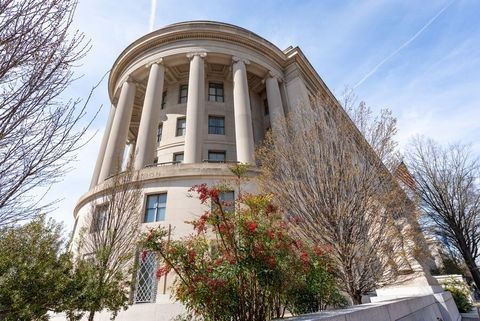"Should Have Known" Standard Applied to CDA Statute of Limitations
Client Alert | 1 min read | 02.28.13
In what seems likely to be a major landmark in the evolving interpretation of the CDA statute of limitations, the ASBCA has held that the statute began to run in 1999, when a DCMA price analyst had all the information the government needed to recognize that it had a claim for an alleged CAS violation, even though the responsible CO may not have been aware of the claim until an audit report was issued in 2006. The ASBCA held that, in the absence of any evidence of trickery or concealment, the government "should have known" that it had a claim based on the contractor's 1999 cost proposal that appeared to be inconsistent with its disclosed accounting practice and that the government could not unilaterally extend the statute of limitations by failing to perform an audit that put the CO on actual notice that there might be a claim.
Contacts
Insights
Client Alert | 3 min read | 02.11.26
On July 8, 2025, the U.S. Court of Appeals for the Eighth Circuit vacated the Federal Trade Commission’s (FTC) Rule Concerning Subscriptions and Other Negative Option Plans, commonly known as the “Click-to-Cancel” rule. As detailed in a previous client alert, the rule was intended to regulate negative option plans[1]— such as subscriptions and automatic renewals — by imposing stringent requirements on businesses, including streamlined cancellation processes and enhanced disclosure obligations. The Eighth Circuit vacated the Click-to-Cancel rule because it found that the FTC had failed to comply with mandatory procedural requirements. As a result, the rule is no longer in effect, and businesses are not currently subject to its mandates.
Client Alert | 3 min read | 02.10.26
UK FCA Proposes New Sustainability Disclosure Rules for Listed Companies
Client Alert | 3 min read | 02.09.26
Client Alert | 1 min read | 02.09.26
Worried Three’s a Crowd? Decline Intervention at Your Own Peril



